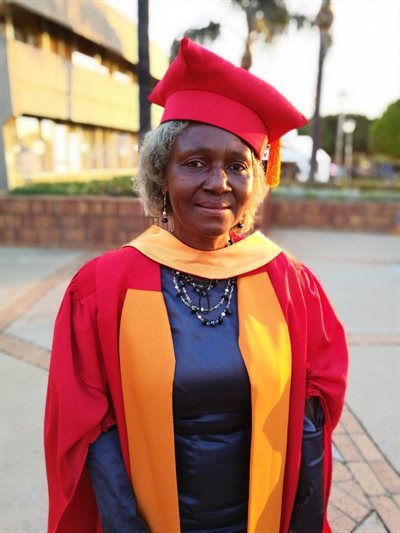As a frontrunner in educating innovative change agents, Sacap (The South African College of Applied Psychology) has launched a Bachelor of Social Work degree, which meets both national and international qualifications standards and enables graduates to register with the South African Council for Social Services Professions (SACSSP). The four-year professional education programme falls into Sacap’s Social Work and Community Development faculty, which recognises this distinct profession. It includes a substantial work integrated learning (WIL) component to boost opportunities to acquire varied experience in the field and help meet South Africa’s urgent requirements for exceptional social workers with practical experience.
Social work is a diverse profession with employment opportunities across government, non-government, private sector and academic environments. Today’s social workers are poised to address emerging issues such as the socio-economic, cultural, political and climate-related crises, as well as the impacts of tech disruption and the digital divide.

Dr Poppy Masinga
“There’s no doubt that social work as a profession has a bright future,” says Dr Poppy Masinga, head of the Social Work and Community Development faculty at Sacap. “It’s a versatile profession offering multiple job opportunities in various sectors both locally, regionally and internationally. The need for social workers is only going to be amplified as we face huge challenges that compromise people’s wellbeing. It’s an exceptionally challenging career, but for the right person, one of the most rewarding. Social work gives practitioners that rare opportunity to do life-changing work with individuals, families, small groups and entire communities. There are opportunities to influence social policies that benefit society, and future generations. For anyone who aspires to make a real contribution to a better world, social work is the profession to be in.”
Sacap’s Bachelor of Social Work programme has at its core the high ethical and moral standards essential to the profession. Dr Masinga says: “Our graduates will be highly sought after by employers because they would have been trained to work in various communities with a range of socio-economic, cultural, religious, environmental and political contexts. They will know how to embrace diversity; to be critical of and outspoken about inequality and injustice; and to be agile, always with a high ethical and moral compass.”
While the programme focuses on integrating all three methods of social work - micro, meso and macro practice; there will be emphasis on macro practice, specifically on the green social work approach to mitigate the impacts of climate change and environmental injustice.
Graduates will be empowered to be advocates and to intervene at policy levels to help governments fast track the implementation of various social policies such as the National Development Plan; African Union’s Agenda 2063 and the United Nations Sustainable Development Goals, amongst others.
As with all its education programmes, Sacap’s Bachelor of Social Work will offer a unique student experience that promotes personal growth hand-in-hand with rigorous academic progress and the development of work readiness. Small classes will ensure close and productive relationships with educators and peers. Dr Masinga concludes: “Choose Sacap’s Faculty of Social Work and Community Development for a life-changing training and educational experience. With Sacap’s student-centred approach, we invest in making sure that our students develop to their fullest potential. We provide our students with opportunities to reflect on their own beliefs, assumptions and biases as they undergo immense transformation. Through our WIL component, students will work with people from diverse backgrounds offering a myriad of experiences and opportunities. They will begin to appreciate and unleash the power they have to positively influence people’s lives. Sacap educates for a ‘better world’.”
To find out more about Sacap’s Bachelor of Social Work degree click here.
